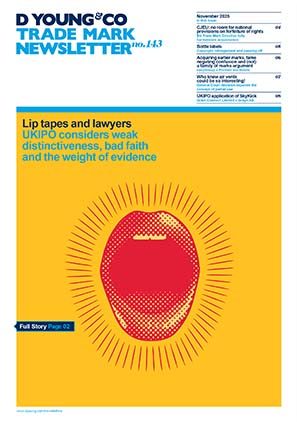Geographical indications: EU expands to craft and industrial products
The Council of the European Union recently formalised the EU regulation on geographical indications (GIs) for craft and industrial products.
A GI signifies that a product possesses distinct qualities or characteristics linked to a specific geographical origin, such as champagne from France and Parmigiano Reggiano cheese from Italy. GIs have traditionally served as economic catalysts, enabling producers to command premium prices and ensuring product authenticity for consumers. The regulation expands GI protection to craft and industrial products categorised as “non-agricultural GIs.” The criteria for non-agricultural GIs consider a product’s quality or reputation, not just its geographical origin or its “terroir”. This marks a shift from the conventional approach to GIs, where the product’s connection to a region significantly influences its character.
The use of the protected geographical indication (PGI) logo on non-agricultural GIs has sparked debate, as industry players fear it may dilute the logo’s significance, since PGIs are traditionally associated with food and alcoholic drinks subject to stringent processes. Registering a non-agricultural GI involves a self-declaration of compliance, which traditional GIs cannot easily do. The registration process for non-agricultural GIs includes two steps: the national phase and the union phase. EU member states with few non-agricultural GIs may skip the national phase.
Notably, shifting from the European Commission’s traditional oversight of GIs, the council has designated the EU Intellectual Property Office (EUIPO) to manage non-agricultural GIs, and examinations and oppositions will be heard in the new “GI Division” of the EUIPO.
The revised framework enables holders of traditional GIs and non-agricultural GIs further protection:
- Domain names: rights to challenge unauthorised GI use of a domain name.
- Goods in transit: rights over products passing through the EU.
- Online sales: rights over goods sold by means of distance selling, such as e-commerce.
The regulation also defines “evocation” as a legally enforceable right related to unauthorised use that consumers associate (“direct and clear link”), with a product possessing a registered GI.
The regulation awaits signatures from both institutions’ presidents. Twenty days after publication in the Official Journal of the European Union it will enter into force and will be applicable in two years.
